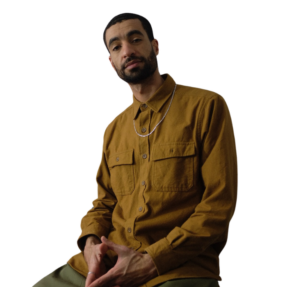Sam Carter-Shamai is an urban planner and community advocate dedicated to equitable city-building. With a Master of Planning from Toronto Metropolitan University and a planning specialization from Concordia University, Sam brings almost a decade of diverse professional experience. From serving as Special Assistant to Councillor Cressy to contributing to projects at Svn Architects + Planners, Sam has championed economic development, community engagement, and public space improvements.
Previously as Manager of Planning at the Bentway Conservancy, Sam led initiatives like the Under Gardiner Public Realm Plan, integrating innovative policy frameworks with community-driven design. Beyond professional roles, Sam’s commitment to community care and sustainable development shines. From serving on the board of B.A.N.D. (Black Artists Networks in Dialogue) to chairing the Neighbourhood Land Trust (NLT), Sam fosters cultural understanding and advocates for affordable housing, shaping inclusive and resilient communities.
Rooted in diasporic heritage, Sam’s work is informed by a deep connection to land and history. Descending from African American and Ashkenazi communities, Sam’s personal journey represents an ongoing commitment to justice, equity, and intergenerational healing. Through projects like the Street Summit and as a founding member of the Black Planners and Urbanists Association, Sam bridges policy and community engagement, driving conversations on inclusive urbanism.
Currently Sam’s roles extend to research and education, teaching “Planning for Culture and Community” at Toronto Metropolitan University’s School of Urban and Regional Planning. As Early Career Canadian Urban Leader, Sam seeks to expand his impact by leveraging the resources and collaborative opportunities offered by the School of Cities. With a focus on regenerative land practices, community stewardship, and collective action, Sam’s vision for city-building embodies resilience, equity, and dialogue.



